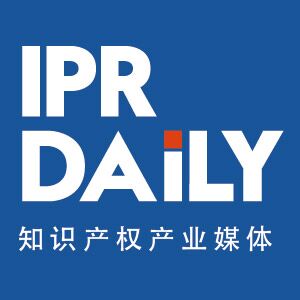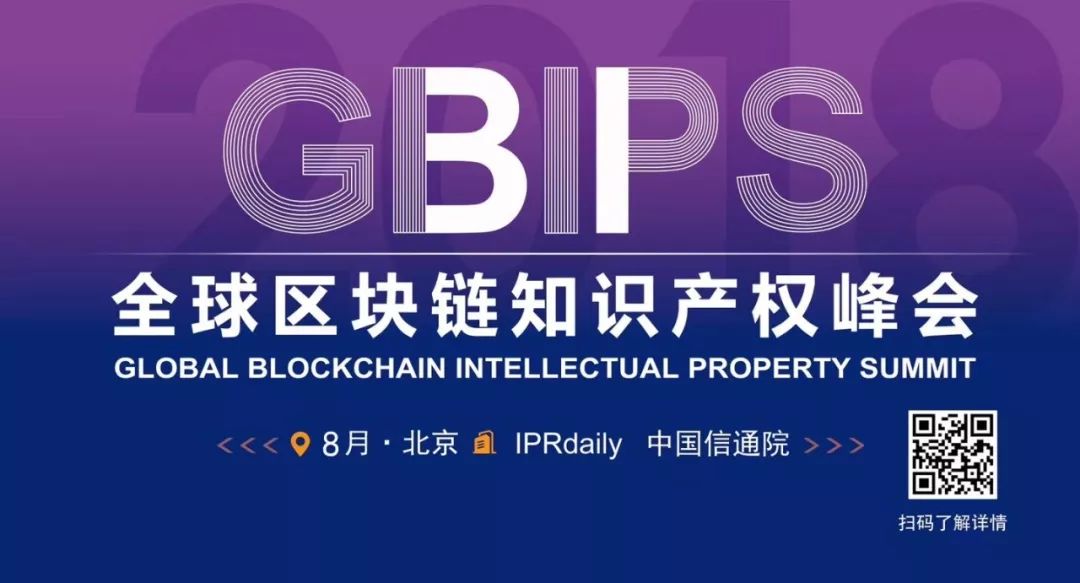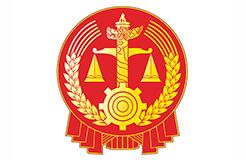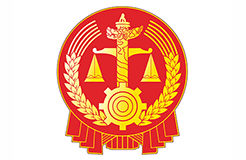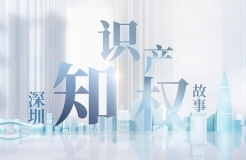没收到验证邮件?请确认邮箱是否正确或 重新发送邮件
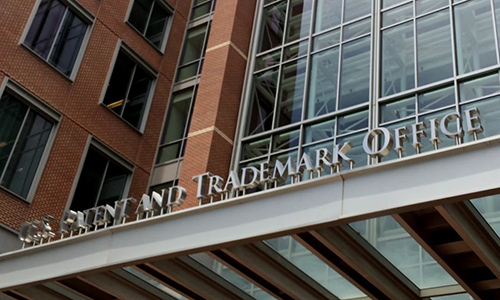
#本文仅代表作者观点,未经许可,禁止转载,不代表IPRdaily立场#
发布:IPRdaily中文网(IPRdaily.cn)
作者:A. John Murray律师 及Kent E. Genin律师
供稿:Brinks Gilson & Lione律师事务所
原标题:联邦巡回法院全席审理禁止美国专利及商标局依据§145条请求获得地区法院诉讼中的律师费补偿 - Nantkwest, Inc. v. Iancu, No. 2016-1794 (Fed. Cir. July 27, 2018)(en banc)
本文案件中,联邦巡回法院经全院审理后认为,专利申请人如援引专利法§ 145条于地区法院对专利审查与上诉委员会的裁决进行挑战,依据“美国规则”中诉讼双方各自承担本方律师费原则,专利申请人无需支付PTO的律师费用。全院审理中4票反对意见则支持国会在制定§ 145条时已具体明确了申请人应承担“诉讼所有花费”。本案很可能在未来得到最高法院就此问题的最终裁决。
近期,联邦巡回法院经全院审理(en banc)后驳回了美国专利及商标局(United States Patent and Trademark Office , PTO)的以下论点:在地区法院为审查员驳回申请作出成功辩护后,未成功的申请人需强令支付PTO的律师费。
当PTO的专利审查与上诉委员会(Patent Trial and Appeal Board, Board)做出维持审查员驳回专利申请的裁决后,美国专利法 § 145条允许申请人在地区法院对委员会的裁决进行挑战。申请人如援引§ 145条则被要求支付PTO为委员会裁决进行辩护所产生的全部诉讼花费(all the expenses of the proceedings),无论诉讼结果为何。
从历史上来看,PTO依据这一条规定来弥补其在公务差旅和印刷上的总花费,近期还包括专家证人的费用。
本案中,法院所需解答的问题为§ 145条是否也强令申请人支付PTO产生的律师费用。
本案的专利申请包含一种使用自然杀手细胞治疗癌症的方法。2010年,PTO的审查员基于显而易见性驳回申请,2013年委员会做出维持审查员驳回的裁决。依据§145条,NantKwest于美国弗吉尼亚州东区地方法院对委员会的裁决发起挑战。在地区法院的审理中,PTO成功获得申请人的权利要求具有显而易见性的简易判决。PTO随后提交了一项依据§145条对诉讼花费报销的动议,报销费用中包含PTO的律师费。
地区法院驳回PTO动议中涉及律师费报销的请求,法院援引“美国规则(American Rule)”:在没有国会明确相反的指令下,诉讼各方承担自己的律师费用。PTO对此上诉,由联邦巡回法院三位法官组成的合议庭推翻了地区法院的裁决。法院之后依职权下令(sua sponte)对上诉案进行全院审理(en bance)并撤销合议庭裁决。法院要求就一个问题进行概述:合议庭依据§ 145条的“全部诉讼花费”规定授予奖励PTO律师费的裁决是否正确。
法院首先认为“美国规则”可适用于§ 145条。在此过程中法院驳回了PTO的论点 - § 145条不是在“美国规则”范围内的费用转移法规(fee-shifting statute)。PTO依赖第四巡回法院在Shammas v. Focarino案中的意见:“美国规则”仅适用于将费用从胜诉方转移至败诉方的法规解释。
因为§ 145条强令申请人支付“所有花费”,无论诉讼输赢,所以PTO主张这并不属于在“美国规则”范围内的费用转移法规。法院审议了第四巡回法院的观点 -“美国规则”不适用于对诉讼胜诉缺乏要求的法规,认为这是错误的。
法院认为§ 145条所陈述的“申请人应支付诉讼的所有花费”缺乏取代“美国规则”所需之“具体和明确(specific and explicit)”的国会授权。“具体和明确”要求需要“超越仅仅在语言上和有时被广泛使用地隐含式支付(implicitly cover)律师费用。”法院审议了其他国会制定的法律条款,并得出结论这些条款证明了在通常情况下,业务津贴法定权利不包括隐含式授权奖赏律师费用。
首席法官 Prost撰写了一篇长幅反对意见,她的三位同事也加入其中。反对意见认为当国会说“全部花费”既意味着所有的支出。反对意见指出PTO没有聘请外部法律顾问以协助对§ 145条诉讼的辩护。相反,PTO使用领取政府薪金的律师。这些律师所产生的费用,是因为投入本案所花费的时间使其不可进行其他工作。
反对意见认为§ 145条的法律语言表明了国会“具体和明确”的使其与“美国规则”相分离之意图,并强令申请人支付所有诉讼花费,包括PTO的人事费用。
截至目前,申请人援引§ 145条不要求支付PTO的律师费。但如反对意见所示,多数意见已经形成了与第四巡回法院在Shammas案中的意见分歧。这一点加之目前案件中的反对意见,增加了最高法院可就此问题进行最终裁决的可能性。
附:英文全文
En Banc Federal Circuit Bars USPTO's Recovery of Attorney Fees in §145 District Court Actions - Nantkwest, Inc. v. Iancu, No. 2016-1794 (Fed. Cir. July 27, 2018)(en banc)
On July 27, 2018, the Federal Circuit, sitting en banc, rejected the United States Patent and Trademark Office’s (“PTO’s”) argument that, following their successful defense of an examiner’s rejection in district court, the unsuccessful applicant is compelled to pay the PTO’s attorney fees. When the PTO’s Patent Trial and Appeal Board (“Board”) affirms an examiner’s rejection of a patent application, § 145 of the Patent Act permits the applicant to challenge the Board’s decision in district court. Applicants who invoke § 145 are required to pay “[a]ll the expenses of the proceedings” incurred by the PTO in defending the Board’s decision, regardless of the outcome. Historically, the PTO has relied on this provision to recover sums it spent on travel and printing and, more recently, expert witnesses. In Nantkwest, the issue before the court was whether §145 also compelled the applicant to pay attorney fees incurred by the PTO.
The patent application at issue involved a method for treating cancer using natural killer cells. In 2010, a PTO examiner rejected the application as obvious and the Board affirmed the rejection in 2013. Pursuant to § 145, NantKwest challenged the Board’s decision in the U.S. District Court for the Eastern District of Virginia. Here, the PTO successfully moved for summary judgment that the application’s claims were obvious. The PTO then filed a motion for reimbursement of the expenses of the proceedings under § 145, including their attorney fees.
The district court denied the PTO’s motion with respect to attorney fees, citing the “American Rule”, i.e. that each litigant bears its own attorney fees absent clear contrary instruction from Congress. The PTO appealed and a divided panel of the Federal Circuit reversed the district court’s judgment. Later, the court voted sua sponte to hear the appeal en banc and vacated the panel’s judgment. The court requested briefing on a single question: whether the panel correctly determined that § 145’s “all the expenses of the proceedings’ provision” authorizes an award of the PTO’s attorney fees.
The court first held that the American Rule applies to § 145. In doing so, the court rejected the PTO’s argument that § 145 is not a fee-shifting statute that falls within the American Rule’s ambit. The PTO had relied on the Fourth Circuit’s opinion in Shammas v. Focarino, 784 F.3d 219 (4th Cir. 2015), for the proposition that the American Rule only governs the interpretation of statutes that shift fees from a prevailing party to a losing party. The Shammas case involved a provision from the Lanham Act that is “nearly identical” to § 145 of the Patent Act. Because § 145 imposes “[a]ll the expenses” on the applicant, win or lose, the PTO asserted it is not a fee-shifting statute that falls within the American Rule’s ambit. The court considered the Fourth Circuit’s view that the American Rule does not apply to statutes lacking a success requirement to be misplaced.
The court went on to hold that § 145’s recitation that “[a]ll the expenses of the proceedings shall be paid by the applicant” lacks the “specific and explicit” congressional authorization required to displace the American Rule. The “specific and explicit” requirement demands “more than language that merely can be and is sometimes used broadly to implicitly cover attorneys’ fees.” (emphasis in original) The court reviewed other statutory provisions enacted by Congress and concluded that these demonstrated that ordinarily, a statutory right to expenses does not include an implicit authorization to award attorneys’ fees.
Chief Judge Prost authored a lengthy dissent, in which three of her colleagues joined. The dissent argued that when Congress said, “[a]ll the expenses,” they meant all the expenses. The dissent noted that the PTO did not retain outside counsel to assist in defending this § 145 action. Instead, it used its salaried government lawyers. These lawyers incurred expenses because the time they devoted to this case was not available for other work.
The dissent considered that the language of § 145 evinces Congress’s “specific and explicit” intent to depart from the American Rule and to impose upon the applicant payment of all the expenses of the proceedings, including the PTO’s personnel expenses.
For the present, applicants who invoke § 145 are not required to pay the PTO’s attorney fees. However, as noted by the dissent, the majority opinion has created a circuit split with the Fourth Circuit’s position in Shammas. This, together with the strong dissent in the present case, raises the possibility that the Supreme Court may have the final say as to this issue.
发布:IPRdaily中文网(IPRdaily.cn)
作者:A. John Murray律师 及Kent E. Genin律师
供稿:Brinks Gilson & Lione律师事务所
编辑:IPRdaily赵珍 校对:IPRdaily纵横君
推荐阅读
大咖来了!这些重磅嘉宾将要出席2018全球区块链知识产权峰会
“投稿”请投邮箱“iprdaily@163.com”

「关于IPRdaily」
IPRdaily成立于2014年,是全球影响力的知识产权媒体+产业服务平台,致力于连接全球知识产权人,用户汇聚了中国、美国、德国、俄罗斯、以色列、澳大利亚、新加坡、日本、韩国等15个国家和地区的高科技公司、成长型科技企业IP高管、研发人员、法务、政府机构、律所、事务所、科研院校等全球近50多万产业用户(国内25万+海外30万);同时拥有近百万条高质量的技术资源+专利资源,通过媒体构建全球知识产权资产信息第一入口。2016年获启赋资本领投和天使汇跟投的Pre-A轮融资。
(英文官网:iprdaily.com 中文官网:iprdaily.cn)
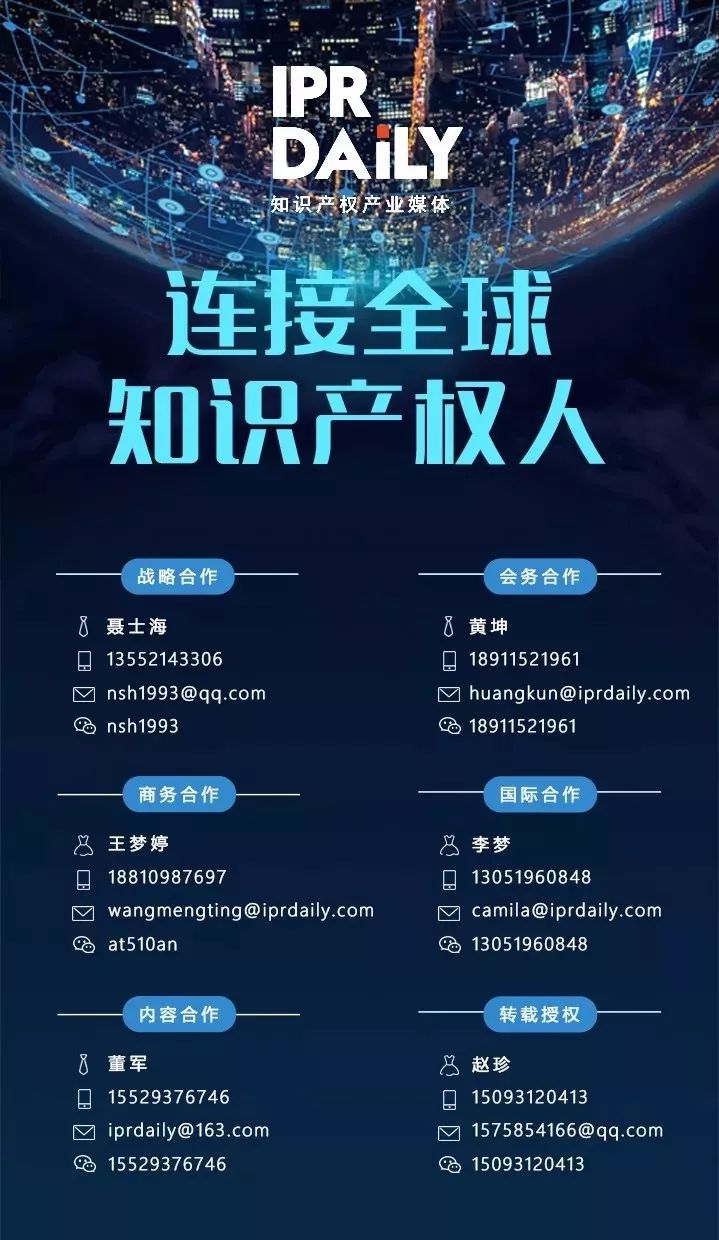
本文来自Brinks Gilson & Lione律师事务所并经IPRdaily.cn中文网编辑。转载此文章须经权利人同意,并附上出处与作者信息。文章不代表IPRdaily.cn立场,如若转载,请注明出处:“http://www.iprdaily.cn/”

 共发表文章4688篇
共发表文章4688篇文章不错,犒劳下辛苦的作者吧
- 我也说两句
- 还可以输入140个字
